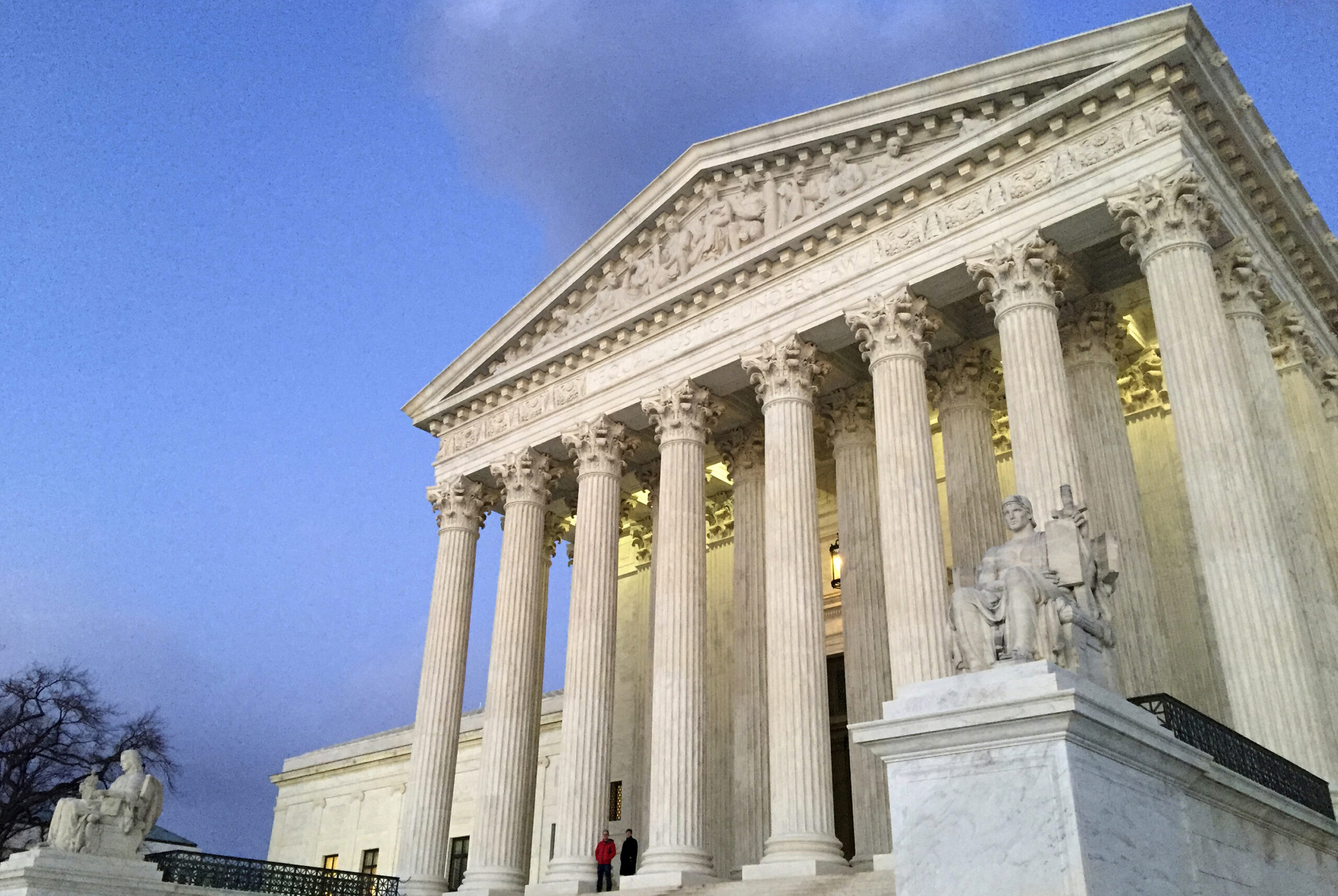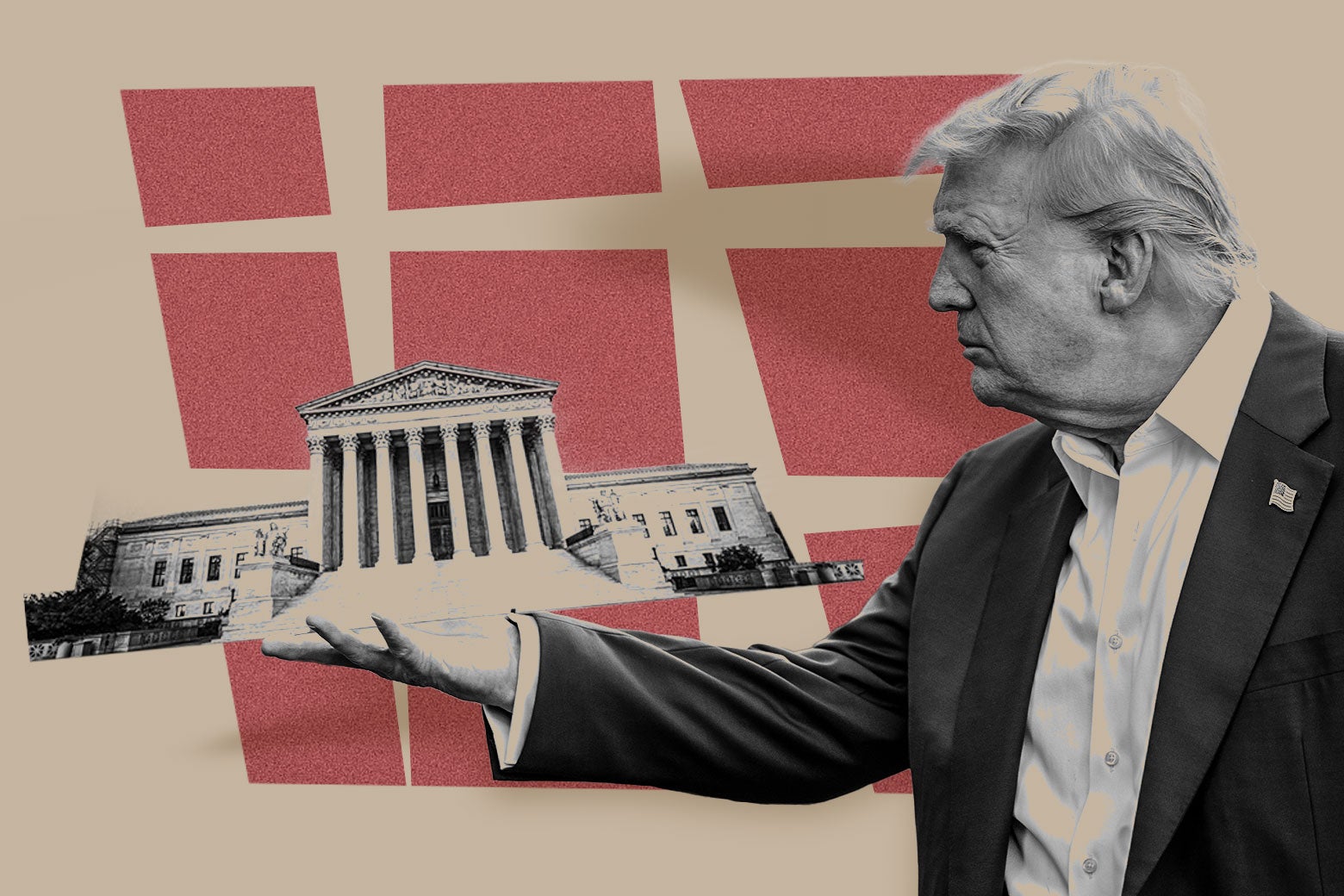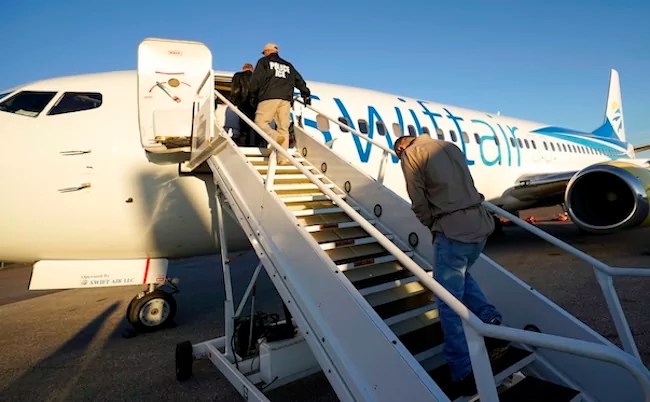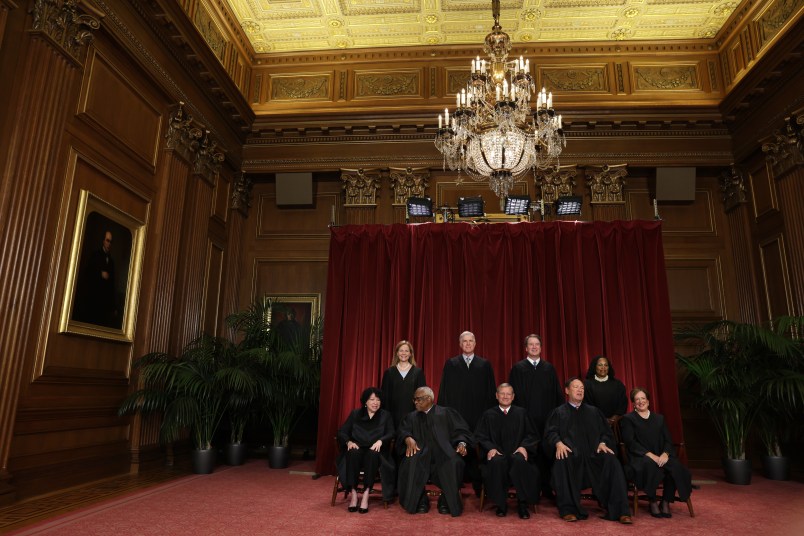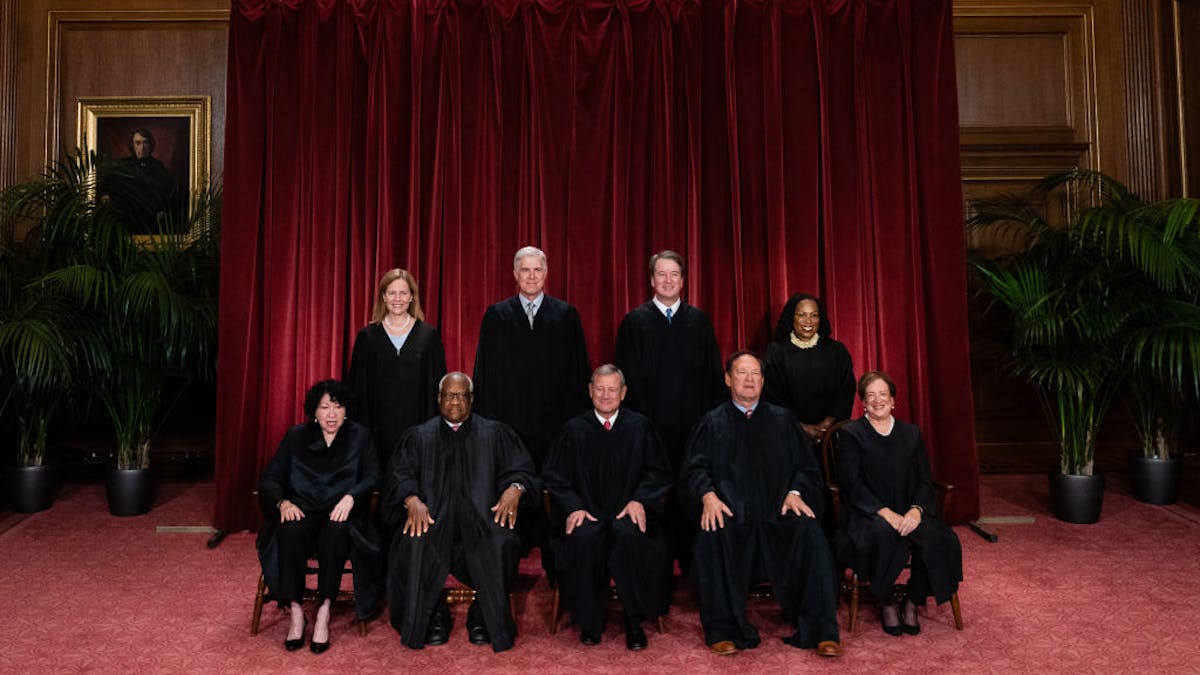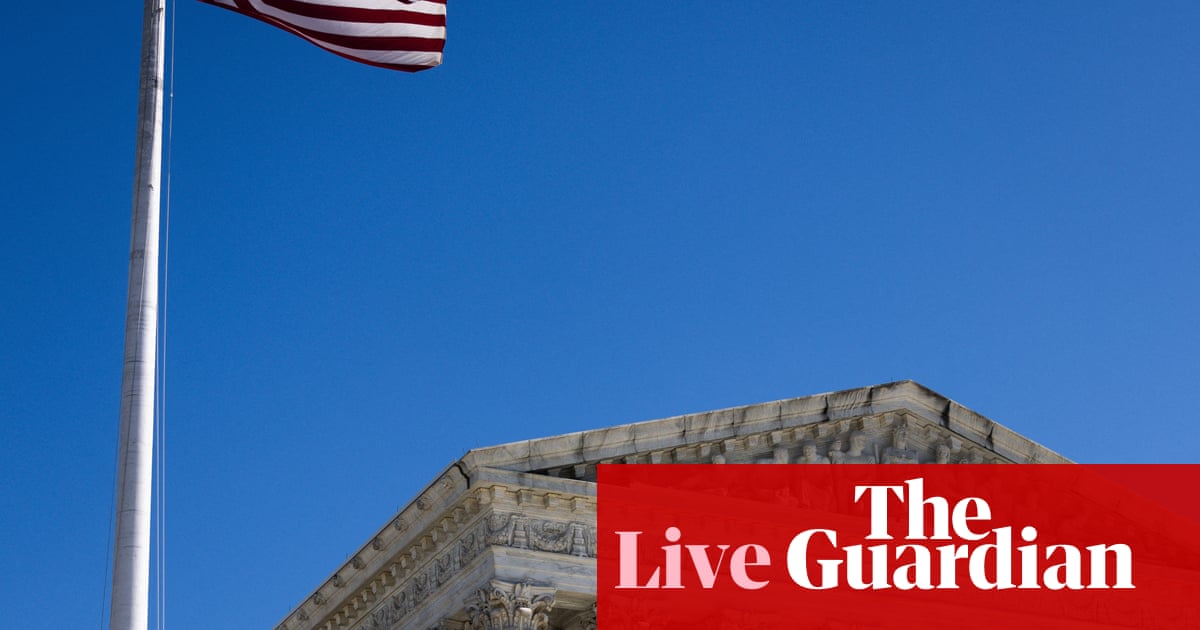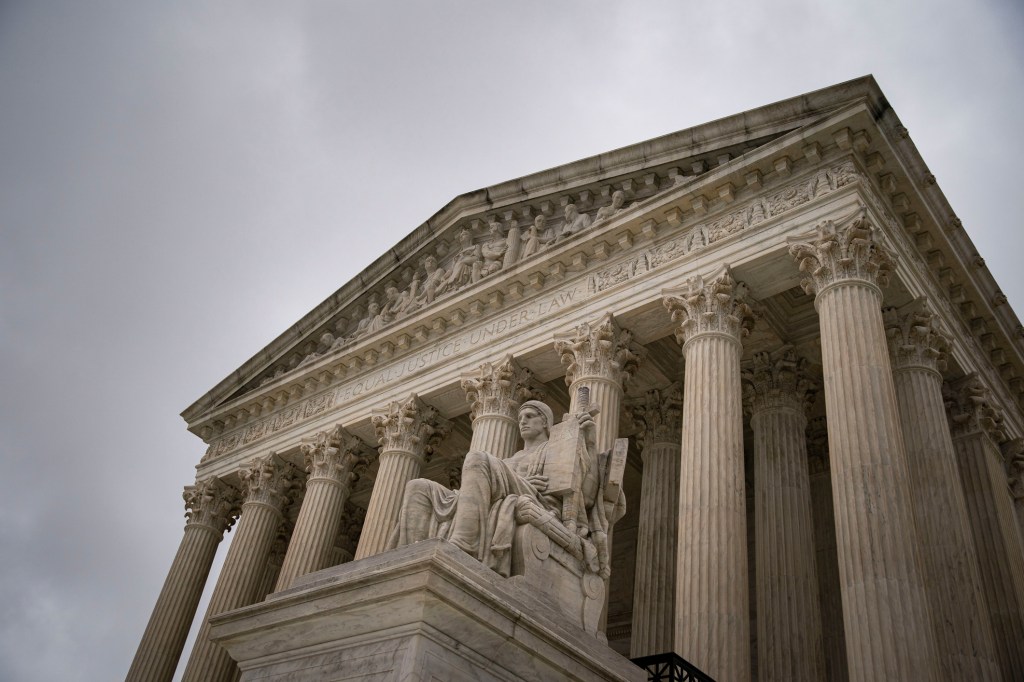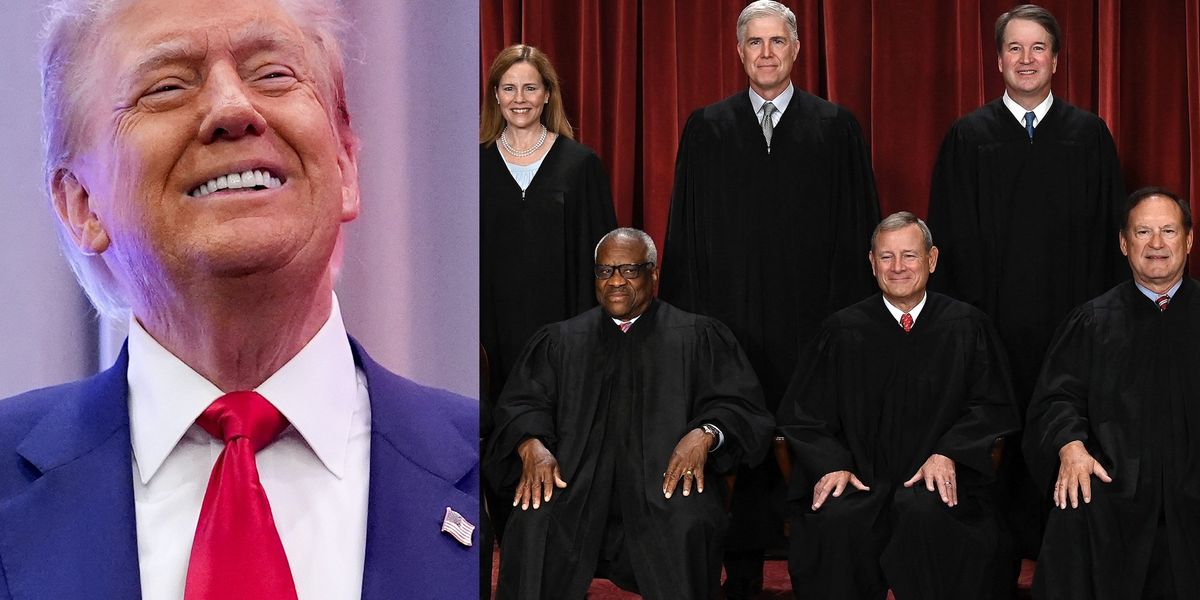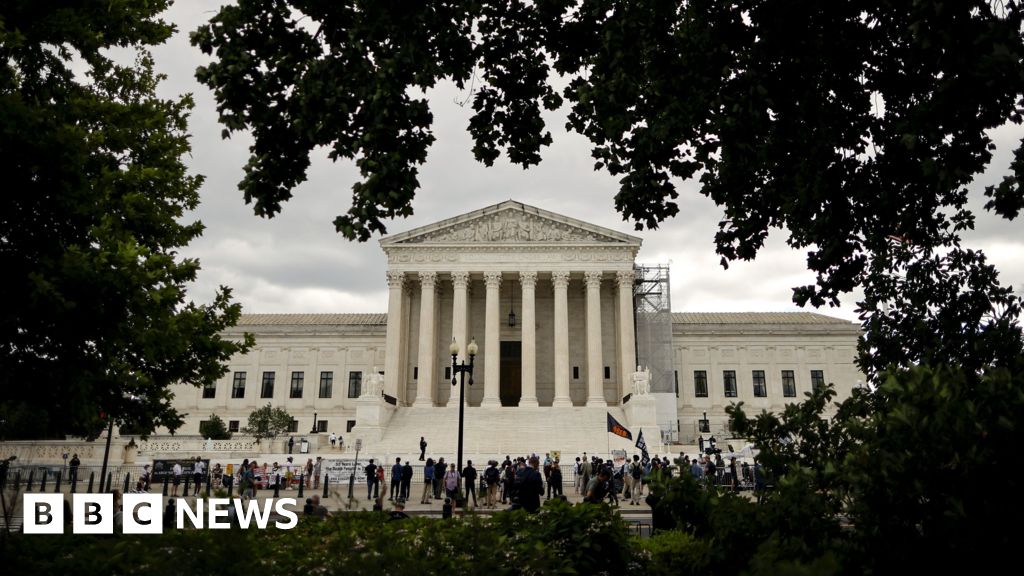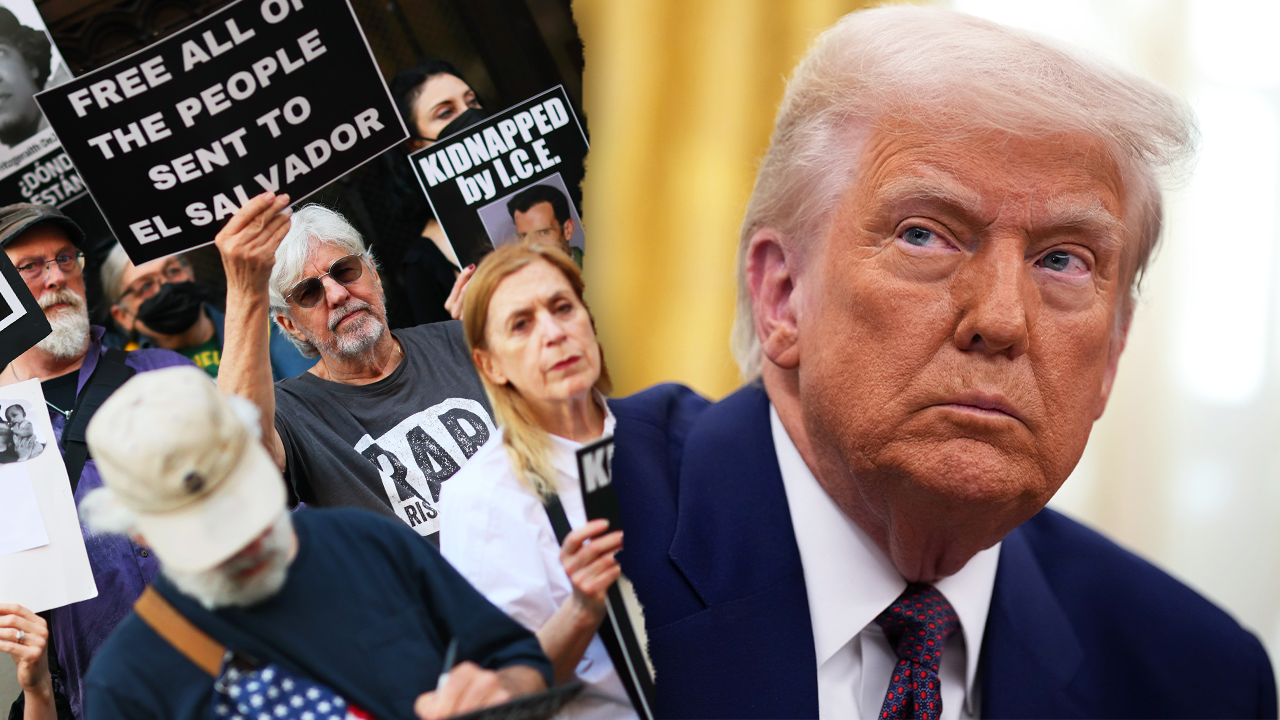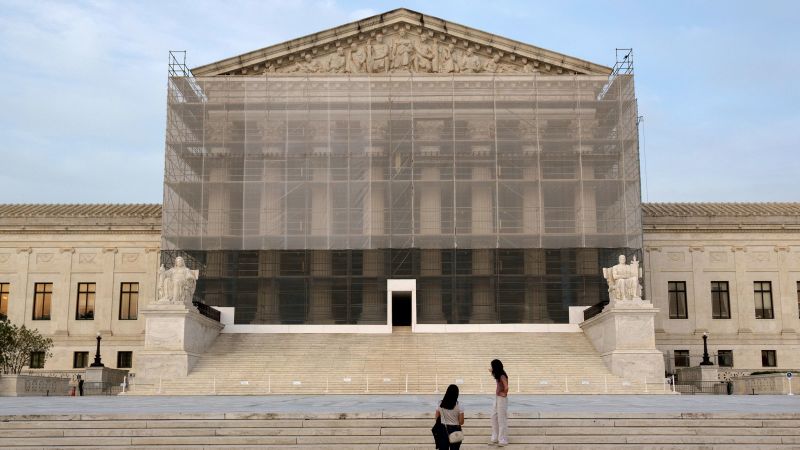Supreme Court Ruling on Rapid Deportations Sparks Legal Battles Over Human Rights Concerns
The Supreme Court's ruling allows the Trump administration to resume rapid deportations, prompting legal challenges and concerns over potential risks for deported migrants.
Subscribe to unlock this story
We really don't like cutting you off, but you've reached your monthly limit. At just $5/month, subscriptions are how we keep this project going. Start your free 7-day trial today!
Get StartedHave an account? Sign in
Overview
- The Supreme Court's 6-3 ruling enables the Trump administration to resume rapid deportations to countries including South Sudan, El Salvador, and Guatemala.
- Solicitor General D. John Sauer criticized Judge Murphy's actions, calling them a defiance of the Supreme Court's authority regarding deportations.
- Judge Murphy previously halted a deportation flight to South Sudan, citing risks of torture and death for deported migrants, prompting an appeal from the Trump administration.
- Immigrant rights groups continue to challenge the ruling, emphasizing the need for due process protections amid safety concerns for those facing deportation.
- Justice Sonia Sotomayor and other liberal justices dissented, raising alarms about the implications for the rule of law and the treatment of deported individuals.
Report issue

Read both sides in 5 minutes each day
Analysis
Center-leaning sources frame the Trump administration's actions as part of a broader immigration crackdown, highlighting potential human rights violations faced by deported migrants. The language suggests a critical stance towards the administration's authority and decisions, emphasizing the risks of torture and death in South Sudan, reflecting a concern for humanitarian issues.
Articles (50)
Center (12)
FAQ
The ruling allows the Trump administration to resume rapid deportations to countries other than migrants' home countries, such as South Sudan, El Salvador, and Guatemala. This raises concerns about the safety and rights of deported migrants, as they may face risks like torture or death without being given sufficient due process protections.
Judge Murphy halted deportation flights, citing concerns that migrants deported to third countries like South Sudan faced substantial risks of torture and death. The judge required that migrants be given notice and an opportunity to challenge their deportations to such third countries to protect their human rights.
Immigrant rights groups argue that the ruling undermines due process protections and puts deported individuals at significant risk of harm, including torture or persecution. They emphasize the need for migrants to have a chance to challenge their removal to unsafe third countries.
The Supreme Court ruled 6-3 in favor of allowing rapid deportations. Justice Sonia Sotomayor and other liberal justices dissented, expressing concerns about the rule of law and the potential for mistreatment of deported migrants, emphasizing the importance of safeguarding human rights.
History
- 4M

 3 articles
3 articles
- 4M

 8 articles
8 articles
- 4M

 19 articles
19 articles





